Listen & purchase
Background
A Certain Point of Inertia is an album which has emerged from a practice of listening as a means of reflection on the relationship between one’s own identity and that of an inhabited space.
My sense of time and space has changed since the year 2020. Against a background of lockdowns and isolation, the passage of hours, days, weeks and months increasingly blur together, and the spaces I move through — few though they are — have seemed to meld into a single, undifferentiated volume.
There is, I believe, a compounding effect at work between this sense of collapsing space and time, and my perception of the southern region of my home province of Manitoba, Canada. Particularly since returning here in 2018 after a six year absence, I’ve felt that time seems to flow around this place, rather than through it, leaving its cities, towns and endless plains locked in a kind of stasis.
Early in 2021, I began to feel this same stasis seeping into my own sense of identity. The boundary between myself and my environment seemed to have become increasingly porous. I had the strange sensation that I was being subsumed by my surroundings — a figure reluctantly fading to ground.
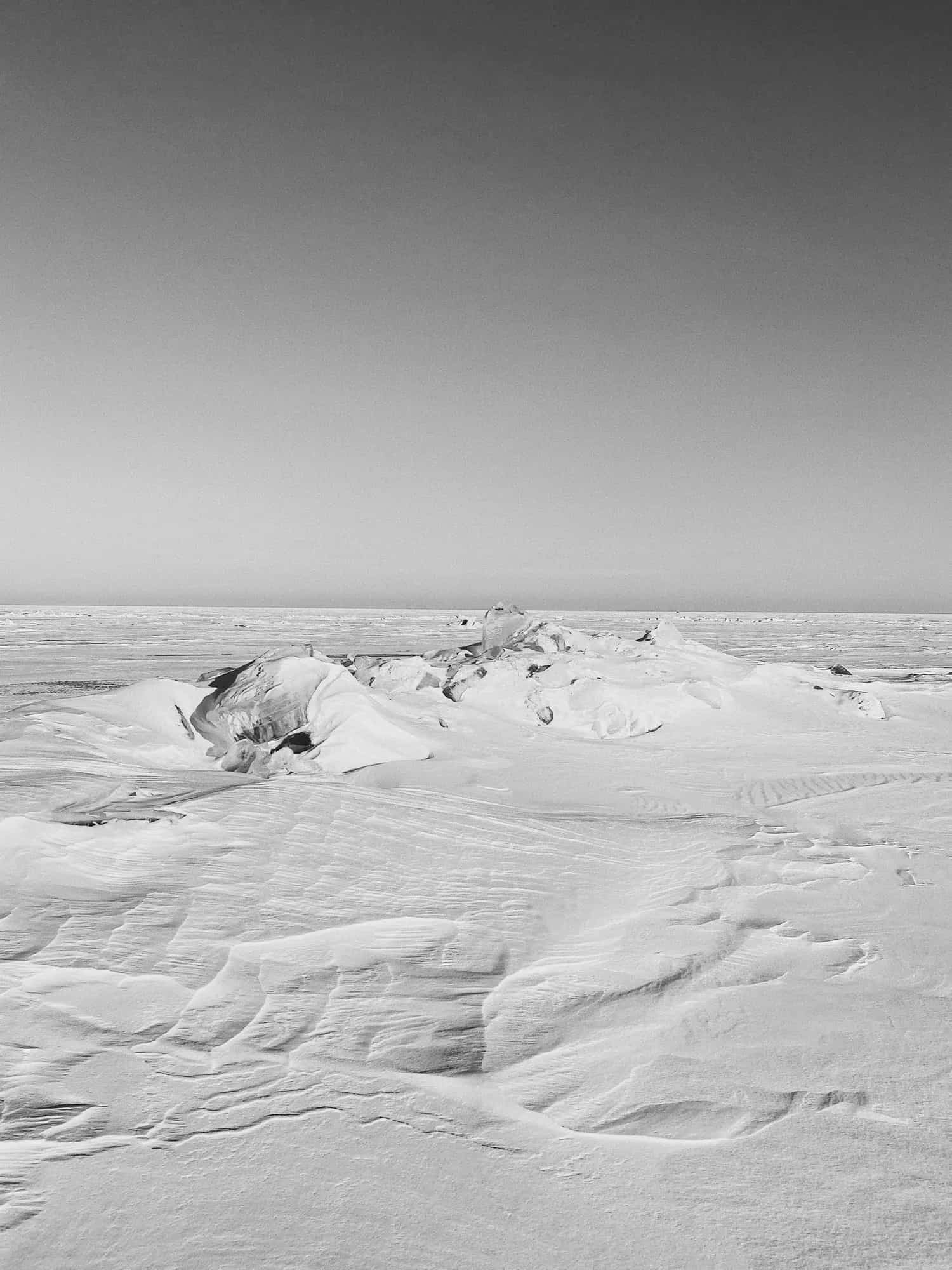
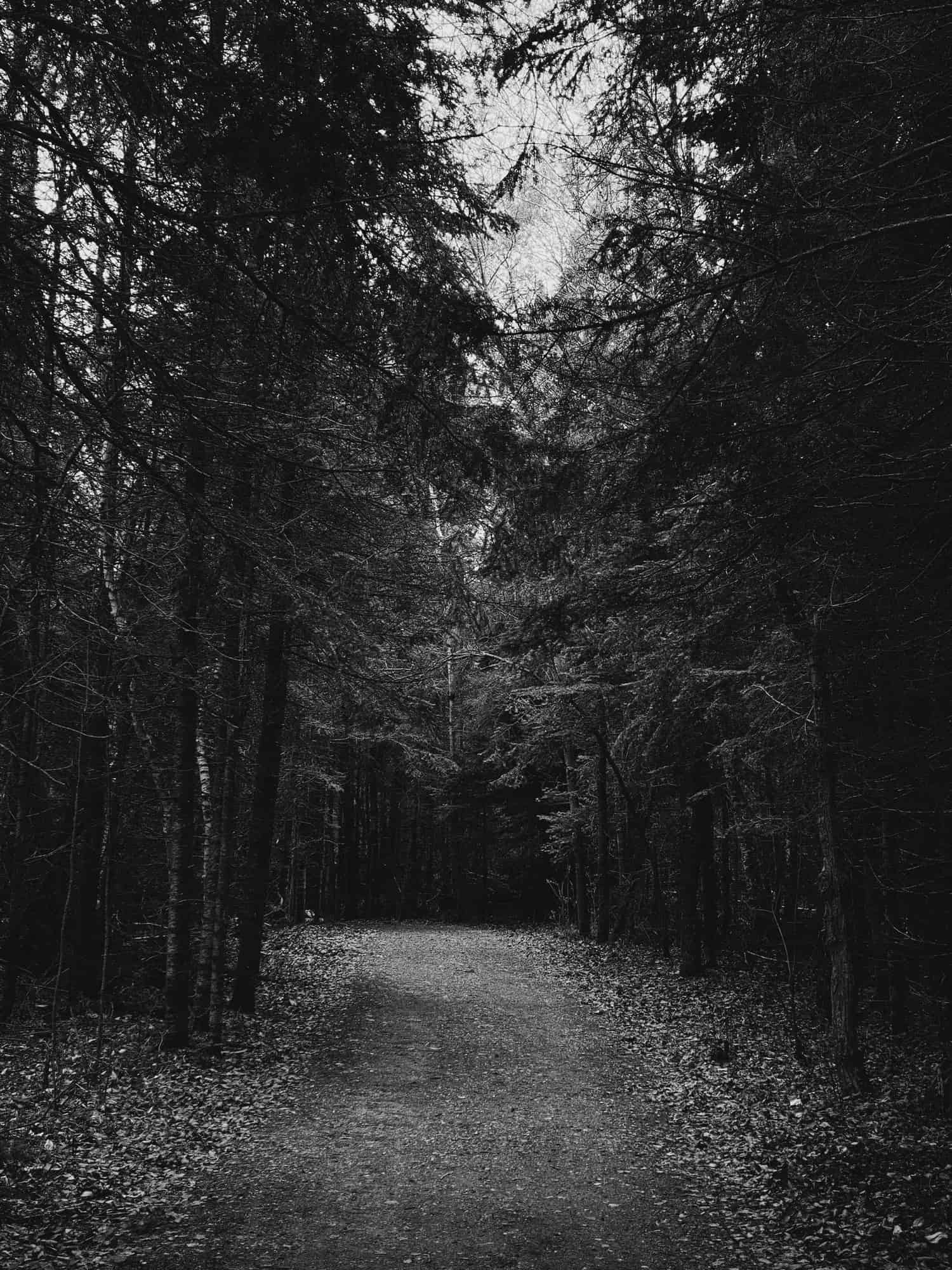
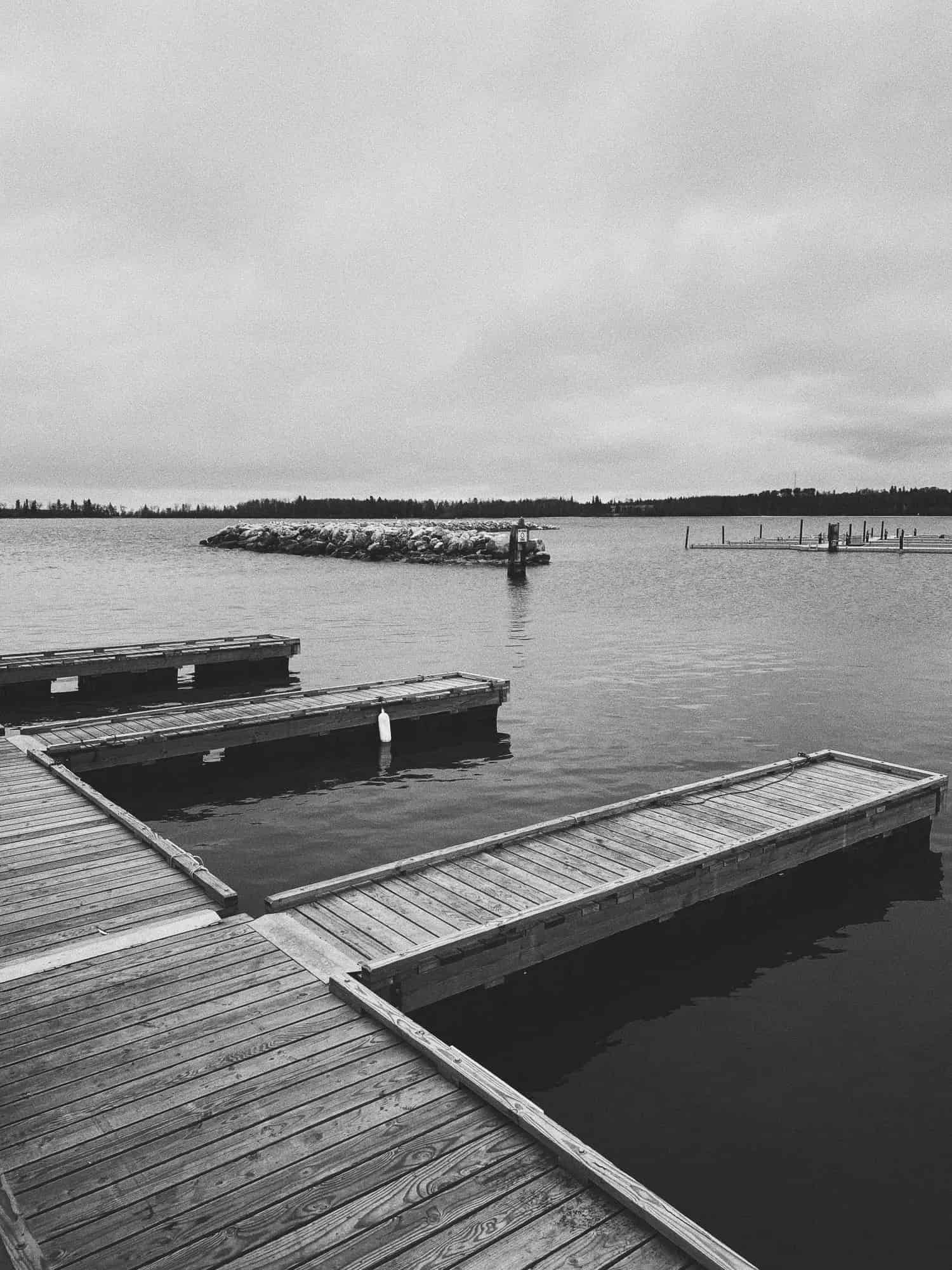
In contemplating this experience, I began to question whether my ongoing practice of field recording might help me to better understand the place and time in which I was living. Where my recordings had previously been premised on capturing specific, predetermined sounds, it occurred to me that it could also function as a means of interrogating the boundaries and relationships between myself and my environment.
My recording became more exploratory and intuitive. I would often walk out the door without a particular destination or objective in mind, hoping only to encounter a place which might contain a sonic body that resonated with me on some indeterminate emotional level. There was something of the beginner’s mind in this approach, and on many days I would return without having made a single recording.
There were some days, however, where the experience of simply listening to the world without expectation became transfixing. On these rare occasions, I again felt the border between myself and my environment becoming diffuse — yet instead of reluctance (and without invoking anything of the spiritual), I can only describe what I felt as a measure of acceptance, or a kind of primal sympathy with my surroundings.
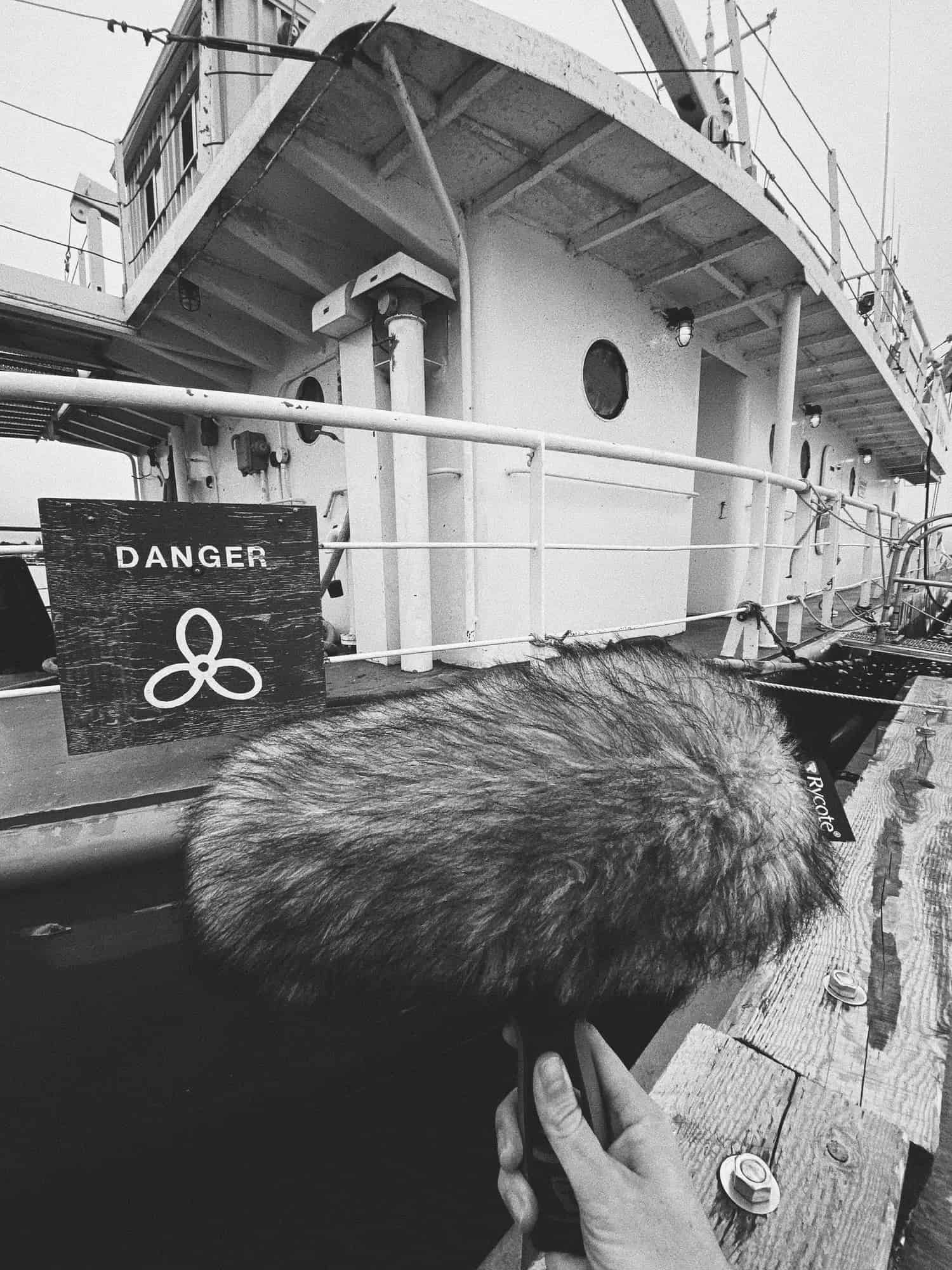
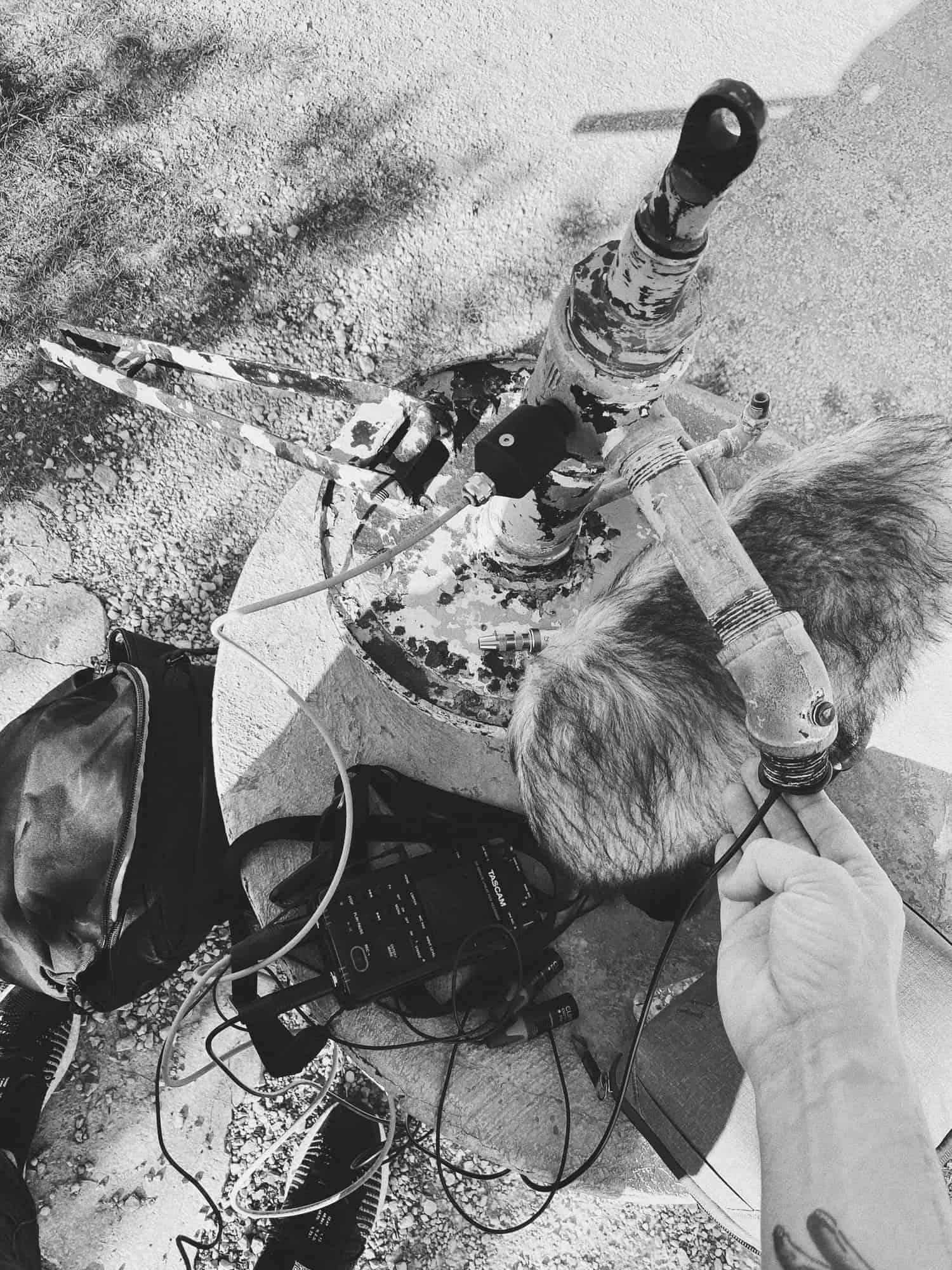
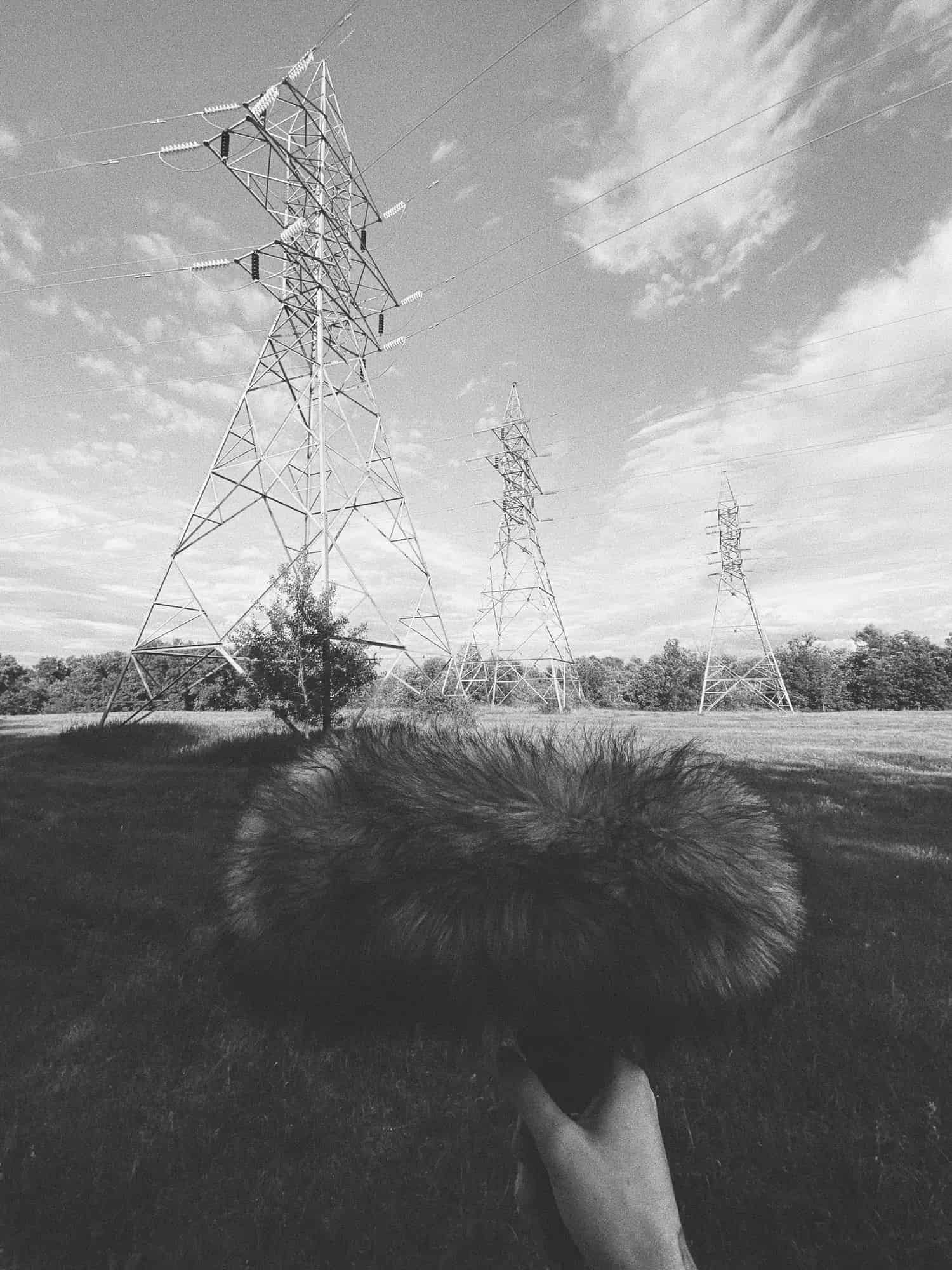
The resultant five compositions that comprise A Certain Point of Inertia attempt to capture and convey this sensation of dissolving into one’s surroundings, while also reflecting on the identity of an environment as subjectively experienced through sound.
There is a certain sense of aesthetic austerity in these recordings, deriving from both the sparse nature of the places they were made in and my state of mind when making them. But there is also, I believe, a reservoir of emotion and contemplation underlying each piece — a reflection of this work being some of my most personal in recent years.
While this album materially draws almost exclusively from the acoustic and phenomenological sphere of a single region, I do not identify it as documentary in nature. Instead, I interpret this album as a narrative work, voiced by my surroundings and my evolving interpretations of them.
A Certain Point of Inertia was assembled primarily from field recordings made on Treaty 1 and Treaty 2 territories in the country currently known as Canada. These territories are the ancestral lands of the Anishinaabeg, Cree, Oji-Cree, Dakota and Dene peoples, and the home of the Métis Nation. As a settler on these lands, I hope that this work might exist in part as a humble but determined call for reconciliation, the abolishment of the colonial state, and the pursuit of equitable coexistence.
Field recordings, assemblage and analogue synthesis recorded January – October, 2021; video, December 2021.
Mastered by Lawrence English at Negative Space, January 2022.
My deepest thanks go out to Lawrence English, Curran Faris, and Patricia Wolf for their support of this work.